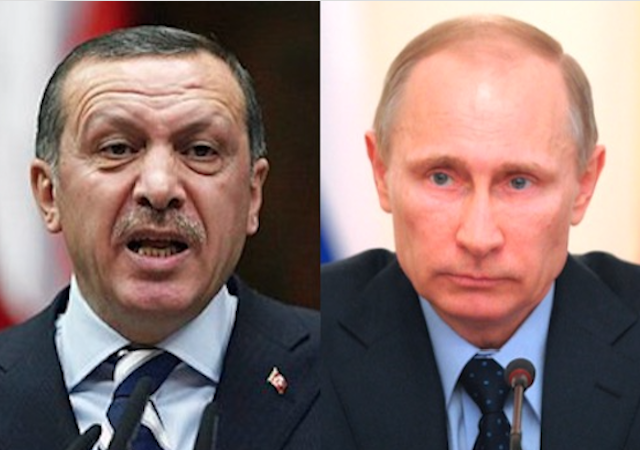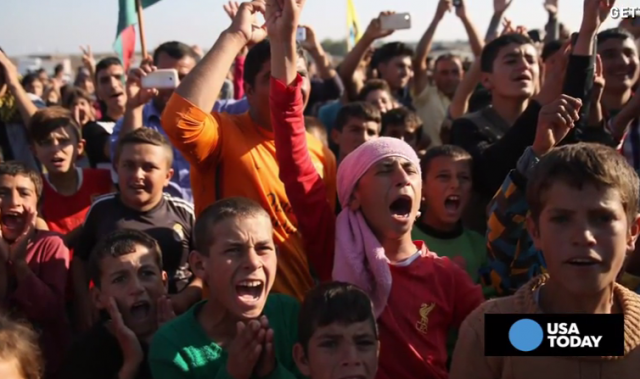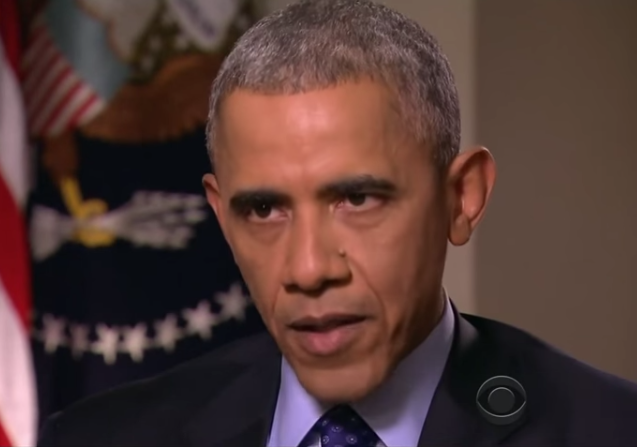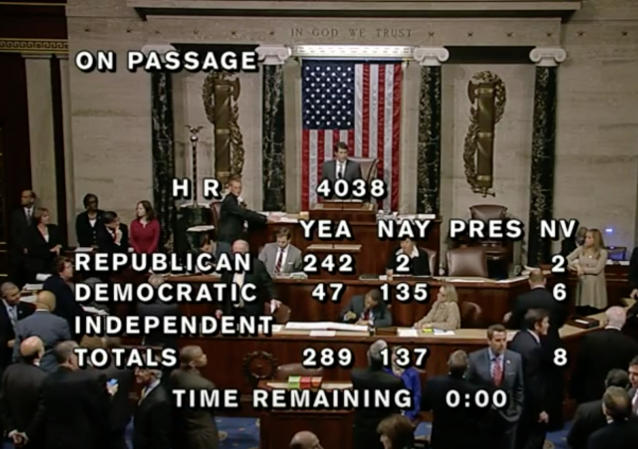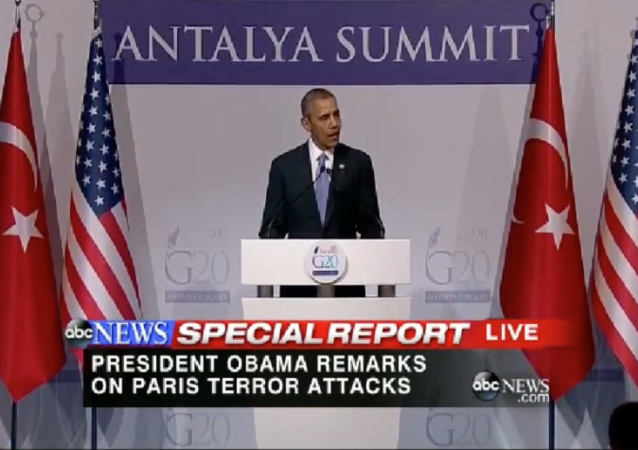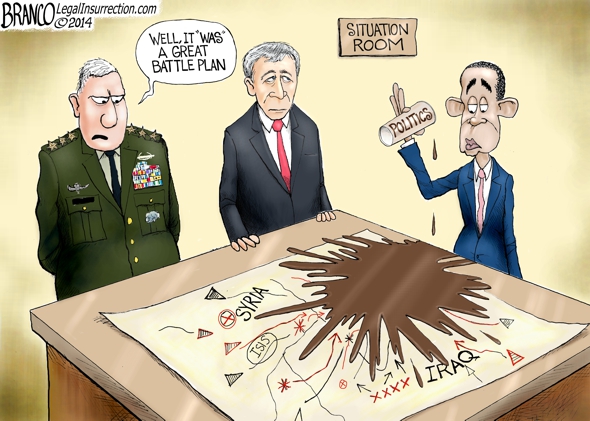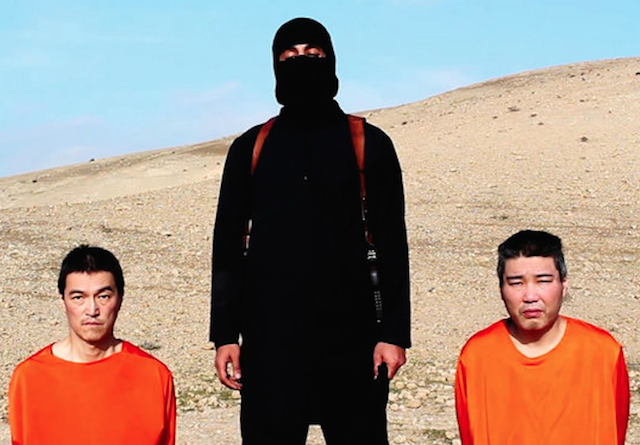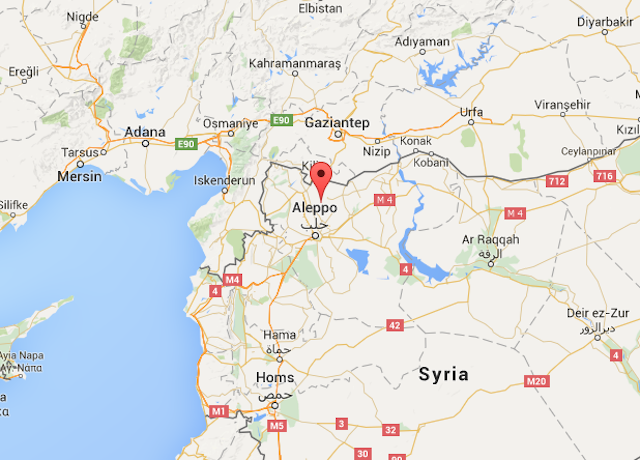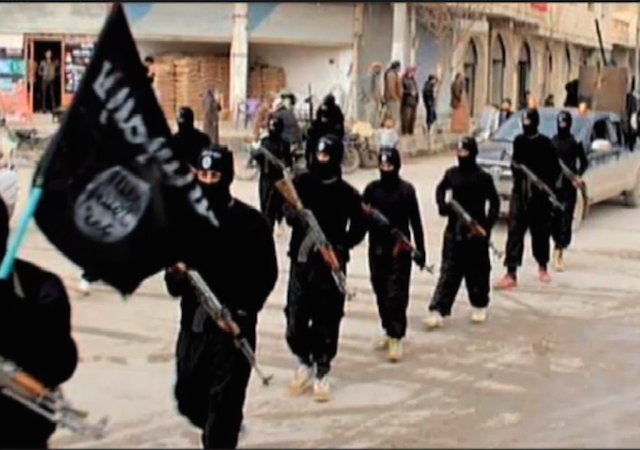Texas Drops Request for Temporary Restraining Order Against Syrian Refugees
on December 04, 2015
3 Comments
Earlier this week, Texas Attorney General Ken Paxton filed a complaint seeking to block resettlement of six Syrian refugees.
Sarah Rumpf reported:
The lawsuit names as defendants various federal entities such as the Department of State, Secretary of State John Kerry, the Department of Health and Human Services (HHS), and HHS Secretary Sylvia Burwell, as well as International Rescue Committee, Inc., a nonprofit organization involved in refugee resettlement. According to the the complaint, the Refugee Act of 1980 (8 U.S.C. § 1522) “establishes a framework for collaboration and cooperation” between the federal government, state and local governments, and volunteer nonprofit organizations, and also requires that the federal government and these private groups “shall consult regularly” and work “in close cooperation and advance consultation” with the states about “the sponsorship process and the intended distribution of refugees among the States and localities before their placement in those States and localities.” The Texas HHSC was told during a phone call with International Rescue Committee that the group intended to resettle two families of Syrian refugees — a total of six people — in Dallas, Texas this week, possibly as early as Thursday, December 3. However, as the complaint alleges, neither this nonprofit group nor the federal government have met their obligations under the Refugee Act of 1980 to consult with Texas about these refugees. Therefore, Texas is demanding that the court order the federal government and International Rescue Committee to comply with the law by consulting with Texas and providing the requested information, and to block the resettlement of these Syrian refugees until that occurs.Friday, Paxton withdrew the complaint:



